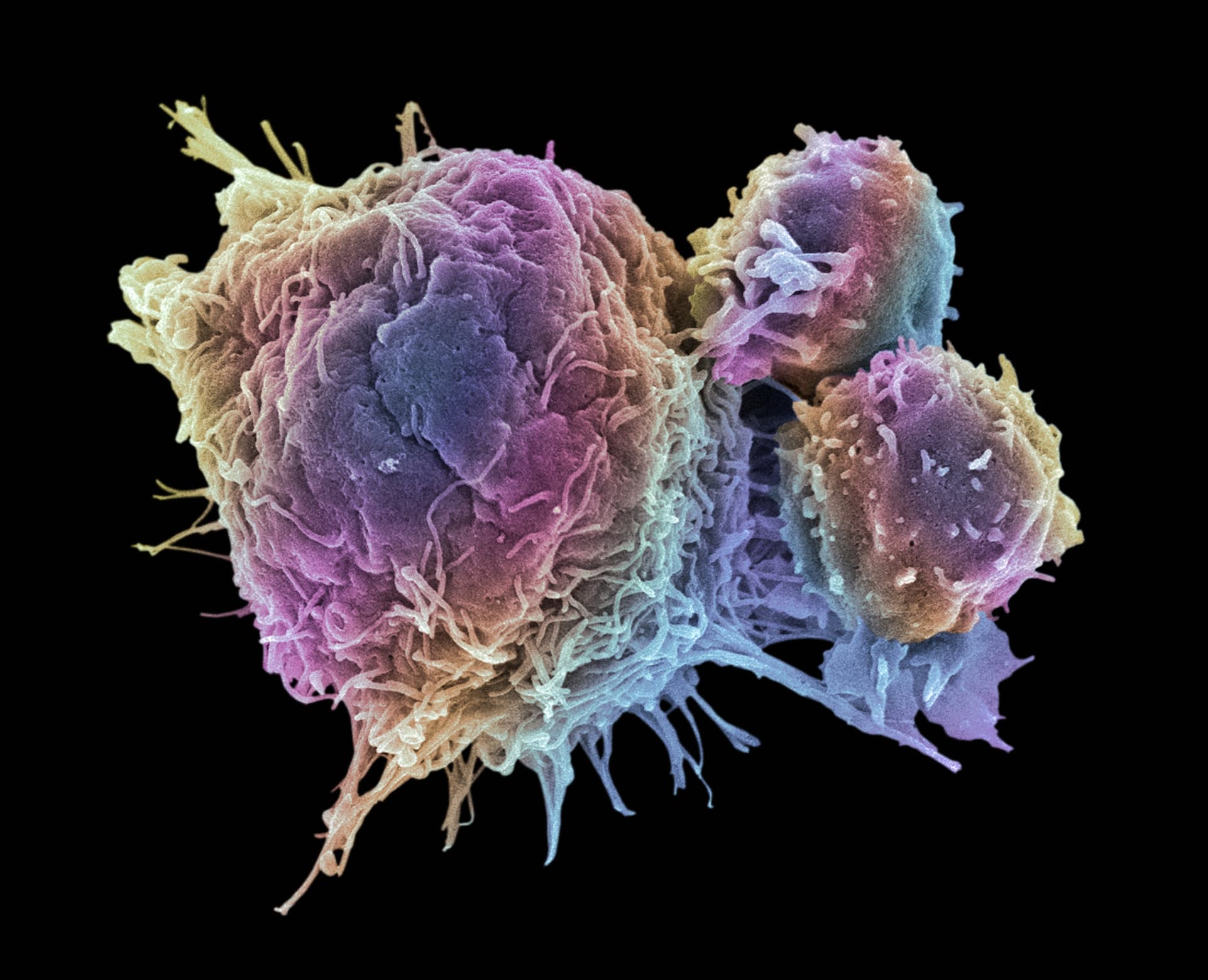Microsoft Takes on Cancer
Earlier this year, Microsoft launched Healthcare NExT, a new initiative that aims to bring together artificial intelligence, health research, and the expertise of its industry partners in order to provide people with the means to live healthier lives and cure deadly disease. In a blog post detailing the initiative, Microsoft noted how few other industries have the problems as complex as that of health care, though the company believes it can make headway by incorporating new innovative technology.
"It’s a big challenge," said Peter Lee, Corporate Vice President at Microsoft Research NExT. "But we believe technology – specifically the cloud, AI and collaboration and business optimization tools – will be central to health care transformation."
As reported by Digital Journal, Microsoft is expanding Healthcare NExT to cancer research in an effort to further work done to find a cure or effective treatment for the disease. However, it's approaching cancer research as a tech company instead of a medical one — it sees living cells as something similar to computers, with diseases like cancer akin to glitches in the system. Extrapolated to this abstract point, this means Microsoft also views cancer cells as something that can be reprogrammed instead of destroyed; deleted instead of killed off.
Using Machine Learning to Improve Treatment
Microsoft's cancer research is conducted at one of its biological computation labs in Cambridge, UK. Last year, a group of researches revealed their ongoing work to develop a computer system that would live inside human cells and restart the system if cancer cells were detected, thereby cleaning out the afflicted cells. Other projects included using machine learning to improve tumor scanning, to better organize patient data, and to discover better treatments.
“If you look at the combination of things that Microsoft does really well, then it makes perfect sense for Microsoft to be in this industry,” said Andrew Phillips, head of the biological computation research group at Microsoft’s Cambridge lab, in a Microsoft Story Labs post. “We can use methods that we’ve developed for programming computers to program biology, and then unlock even more applications and even better treatments."
Pharmaphorum has compared Microsoft's efforts to IBM's use of Watson to combat cancer. Watson, which also uses machine learning and AI, was shown to recommend the same treatments as doctors, and is being used in former VP Joe Biden's moonshot initiative to fight cancer. As we know, machine learning can be invaluable when it comes to sorting through tons of data. Cancer research is no different, as we've already seen it used to identify breast lesions that may develop into cancer.
Ambitious Goals for the Cure
Discovering a cure for cancer is an ambitious goal to take on, and it remains to be seen how cancer research will be improved with Microsoft's involvement. That said, Microsoft has expressed a desire to "empower every person and organization to achieve more." If it can maintain that drive and focus, who knows what the company will develop.
"We are incredibly energized about the opportunities to make a difference in health care," said Microsoft. "We’ve been listening carefully to our customers and partners within the health care sector, and we’ve heard their message: Let’s work together, innovate together and create solutions that can empower people to lead healthier lives."
Share This Article
